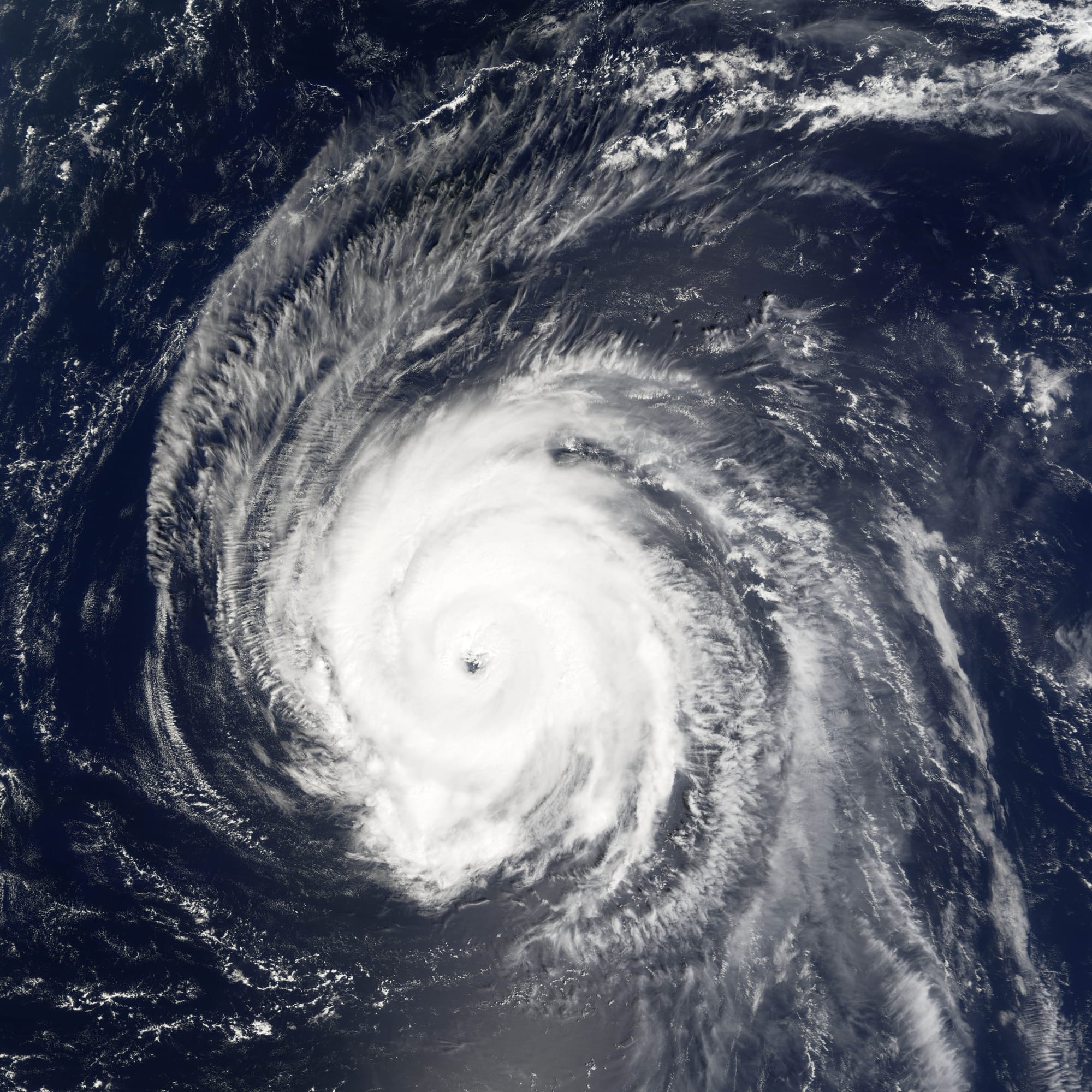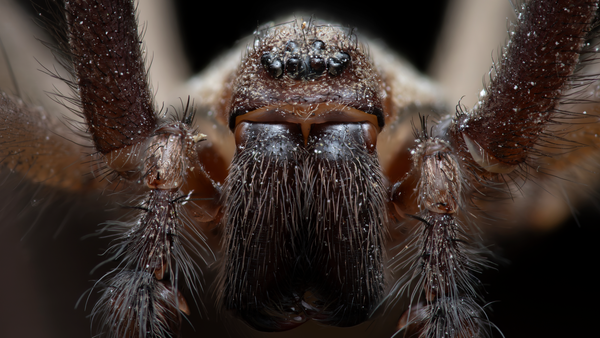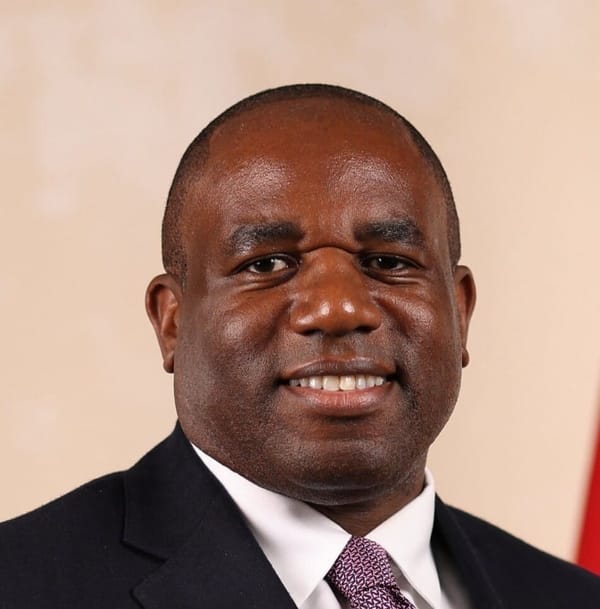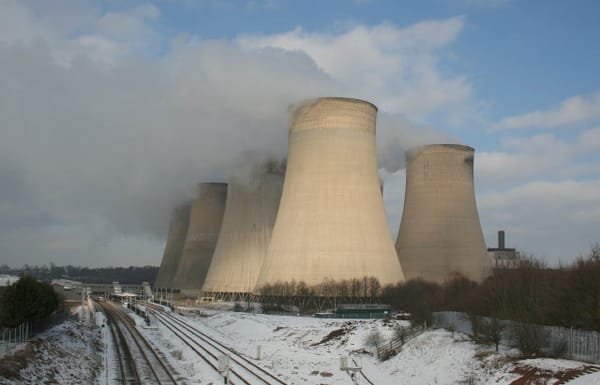Did global warming cause the Florida hurricanes?
The science behind linking correlation to causation.
Hurricane Milton, which made landfall in Florida on 9th October, was the fifth most intense Atlantic hurricane on record. It was not alone: this year saw Hurricane Beryl in July, earlier in the year than any other Category 5 Atlantic hurricane. They were accompanied by Hurricane Helene, the deadliest hurricane in the USA since Katrina devastated New Orleans in 2005. These hurricanes form a larger trend of a steady increase in the frequency of intense storms across the world.
There are several reasons why the effects of cyclones are getting worse. For instance, the expansion of cities in vulnerable cyclone-prone regions puts more people and infrastructure in harm’s way. However, climate change is cited the most when it comes to the severity of recent extreme weather events. The greenhouse effect is believed to affect tropical cyclones in several ways. The IPCC’s Sixth Assessment Report cites research pointing out that warmer ocean temperatures lead to higher precipitation in a tropical cyclone, and that rising sea levels make storm surges more likely. However, determining whether climate change has caused a given extreme weather event is difficult. The atmosphere is a complicated system, and scientists only have a sample size of one – namely the Earth’s – to study.


Despite this, a field known as attribution science has developed rapidly over the past 20 years. Researchers working in this field aim to answer the question of how a given extreme weather event was impacted by climate change. To do this they test two models of the Earth’s climate against each other over thousands of simulations. One model uses the Earth’s current climate, and the other artificially removes all anthropogenic greenhouse gases from the atmosphere. These simulations, run thousands of times, allow scientists to study the change in likelihood of severity and frequency of extreme weather events such as cyclones. More recent refinements involve the use of multiple different climate models and simulating the Earth’s climate – including rising emissions – over a much longer timespan. Climate change does not solely “cause” an event, as it is one among many other factors involved. Instead, scientists analyse the intensity of extreme weather events, and how they are affected by global warming.
One prominent organisation in this field is World Weather Attribution (WWA), which is partnered with researchers at Imperial. The WWA studied Hurricane Helene and found that its 3-day maximum rainfall total and strong winds were 70% and 150% more likely to occur due to climate change. The increase in wind speeds of around 11% which, while not sounding like much, meant that Helene was more than twice as destructive due to climate change. This is due to hurricane damage growing with an eighth-power curve relative to wind speed, as estimated by the National Oceanic and Atmospheric Administration. While Milton has not yet been extensively studied, the WWA used existing models to conclude that Milton’s rainfall was made twice as likely, and storms of similar intensity have increased by 40%. It is clear that greenhouse gases have had a significant impact on the intensity of the two hurricanes. Frederike Otto, lead of the WWA and lecturer at Imperial’s Grantham Institute, said, “Yet again, our study has shown that hurricanes will keep getting worse if humans keep burning fossil fuels and subsequently warming the planet.”
Current research does not imply that the frequency of tropical cyclones is on an upwards trend due to climate change but we can expect to see a greater proportion of storms classified as a category 4 or 5. There is also a large amount of uncertainty regarding events outside western countries, where research is focused.
Apart from climate action, the risk posed by extreme weather can be reduced by upgrading emergency infrastructure, promoting safe evacuations and helping poor and marginalised communities who are most at risk.









